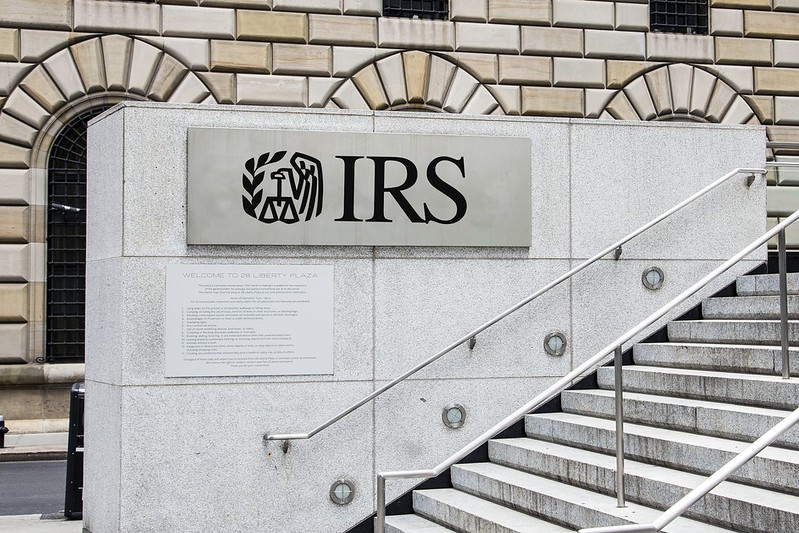SEC Chair Paul Atkins says the agency is preparing major reforms aimed at reshaping both the proxy advisory industry and the U.S. crypto regulatory landscape. In a recent Fox Business interview, Atkins emphasized that investor protection and market transparency are at the center of these efforts. He noted that both proxy advisory practices and digital asset oversight have long needed clearer standards, and the SEC is now moving decisively to address those gaps.
Atkins explained that during the 43-day government shutdown, some companies relied on older, manual procedures to move forward with public offerings. These firms had previously received SEC staff feedback and used the 20-day rule to proceed even without active reviews. He expects more companies to continue using alternative pathways until the agency’s normal operations are fully restored. The experience, he suggested, highlighted the need for modernization across SEC processes.
Turning to digital assets, Atkins signaled a major shift in how the SEC will classify and regulate cryptocurrencies. He reiterated that certain tokens may transition out of being securities as their networks mature and decentralize—an acknowledgment the industry has long sought. To reduce regulatory overlap, he confirmed that the SEC will work closely with the CFTC to define responsibilities and eliminate confusion surrounding digital assets.
Atkins also elaborated on a new crypto rulebook that aims to replace years of uncertainty. He said digital assets have operated “in a fog” because traditional, paper-based securities rules were never designed for blockchain technologies. Under the new framework, cryptocurrencies will fall into four categories: commodities, collectibles, tools, and tokenized securities. Only the last category will be treated as securities, giving projects clearer guidance on compliance obligations.
Beyond crypto, Atkins argued that proxy advisory firms now wield disproportionate influence over corporate governance, shaping executive pay decisions, mergers, and key shareholder votes. He warned that some recommendations stem from conflicts of interest and that certain shareholder proposals have been “weaponized” by activists. To address this, the SEC will revive and update rules from the first Trump administration to limit proxy advisor power and establish stricter standards for institutional investors. He added that major index fund managers like BlackRock and Vanguard will also face increased scrutiny due to their quiet but significant influence over corporate management.
Atkins confirmed that the SEC plans to release these updated rules next year as part of its broader push to restore trust, clarity, and efficiency across financial markets.



























Comment 0